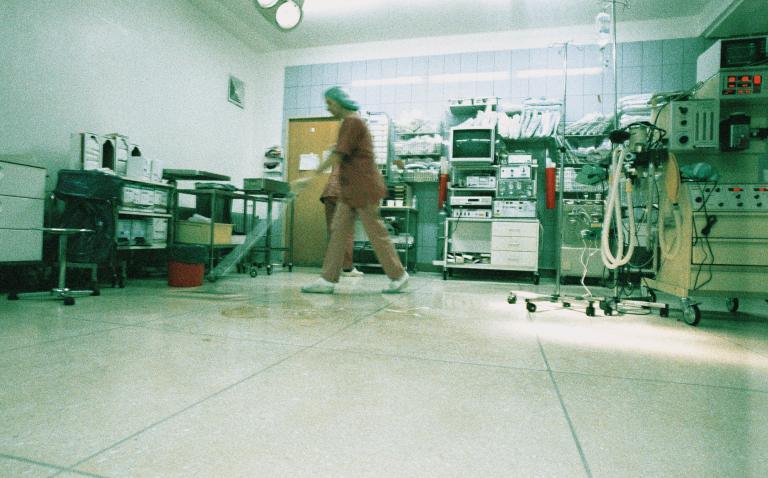About 50,000 people die from healthcare-associated infections (HAIs) across the EU each year, specialists and parliamentarians have been told.
Furthermore, attendees at a seminar at the European Parliament were told, the three million HAI cases reported across the EU each year account for some 10 million extra days spent in hospital by patients.
The meeting brought together healthcare professionals, infection-control specialists, patients and members of the European Parliament (MEPs), who highlighted differences in treatment and success rates between EU countries and the need to share best practice.
Attendees discussed ways in which countries which were losing the fight against resistant pathogens, such as the UK, could learn from other member states. The UK has consistently come near the bottom of EU tables on HAIs.
The seminar was hosted by MEP Liz Lynne, who is vice-president of the Parliament’s employment and social affairs committee.
Ms Lynne, who represents the UK’s third major party, the Liberal Democrats, called for the establishment of a Europe-wide code of practice to help fight resistant pathogens in hospitals. The UK in particular needed to learn from other EU member states and back such a code.
HAIs have once again been in the news after a survey released yesterday by UK health watchdog the Healthcare Commission found that a quarter of hospital trusts in England failed to meet new standards on infection control.
The latest findings on the failure of some trusts to ensure hygiene standards – including cleaning hands and instruments – came just a week after serious shortcomings at one trust, Maidstone and Tunbridge Wells, were blamed for the deaths of up to 90 patients from Clostridium difficile infection.
Ms Lynne said the report showed the UK Government was losing the battle against hospital infections, but there was “no need to reinvent the wheel”.
She said: “In many countries, such as the Netherlands, Sweden and Denmark, the MRSA infection rate is less than 1% – ten times lower than in the UK – and yet, unbelievably, exchange of best practice is practically non-existent.”










